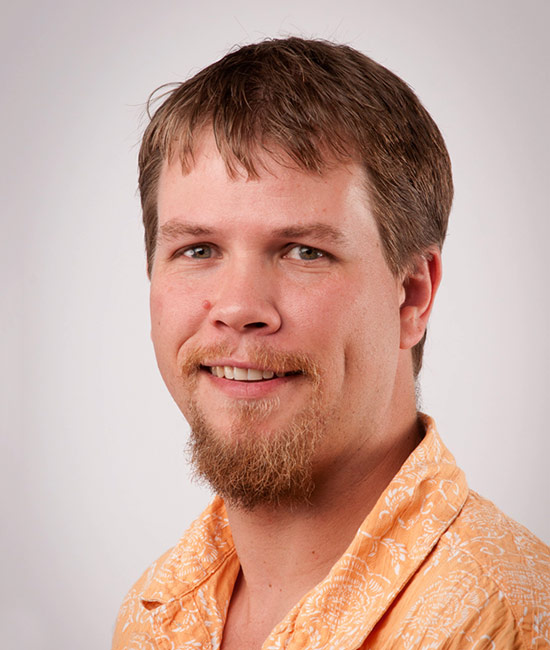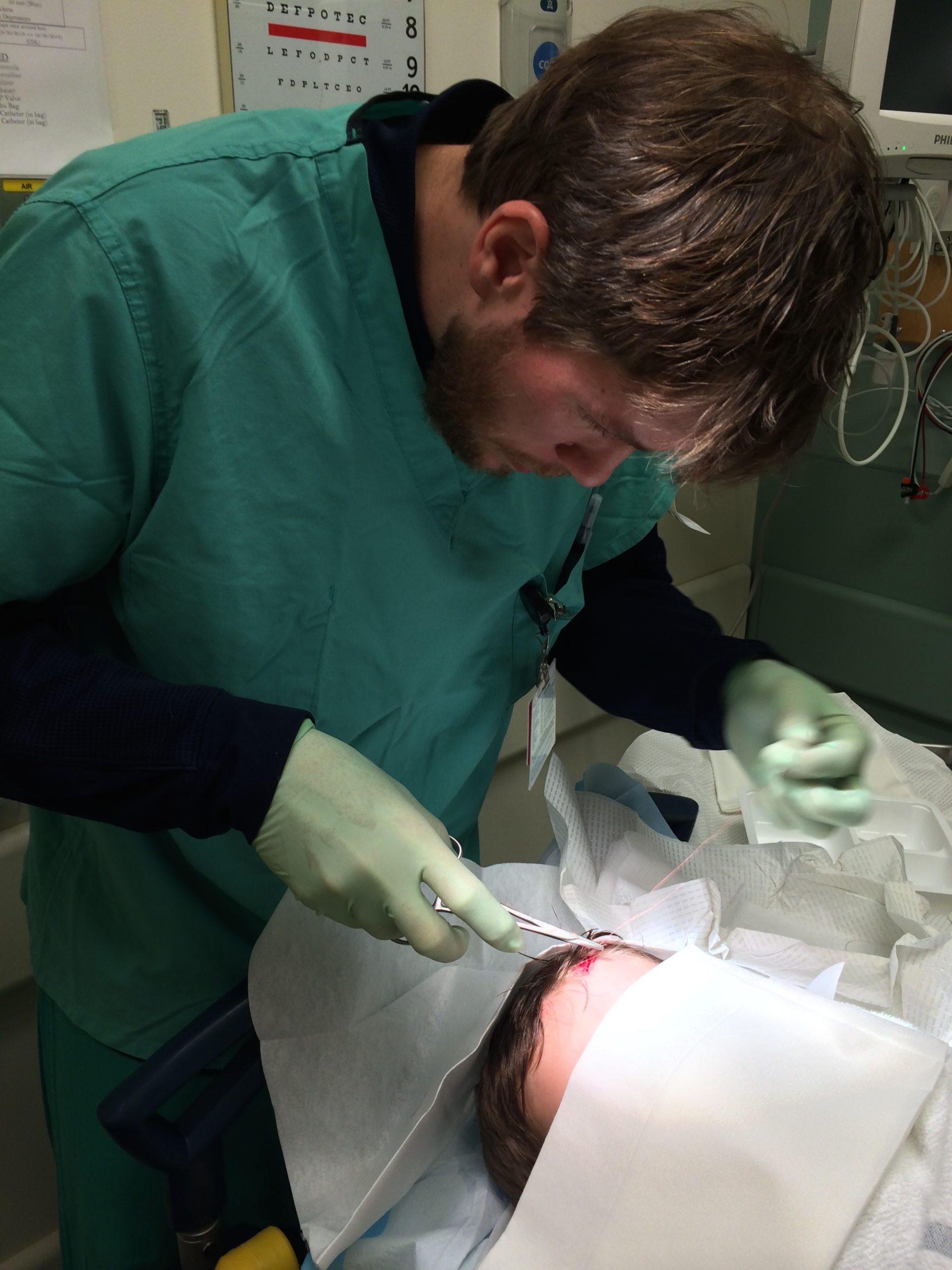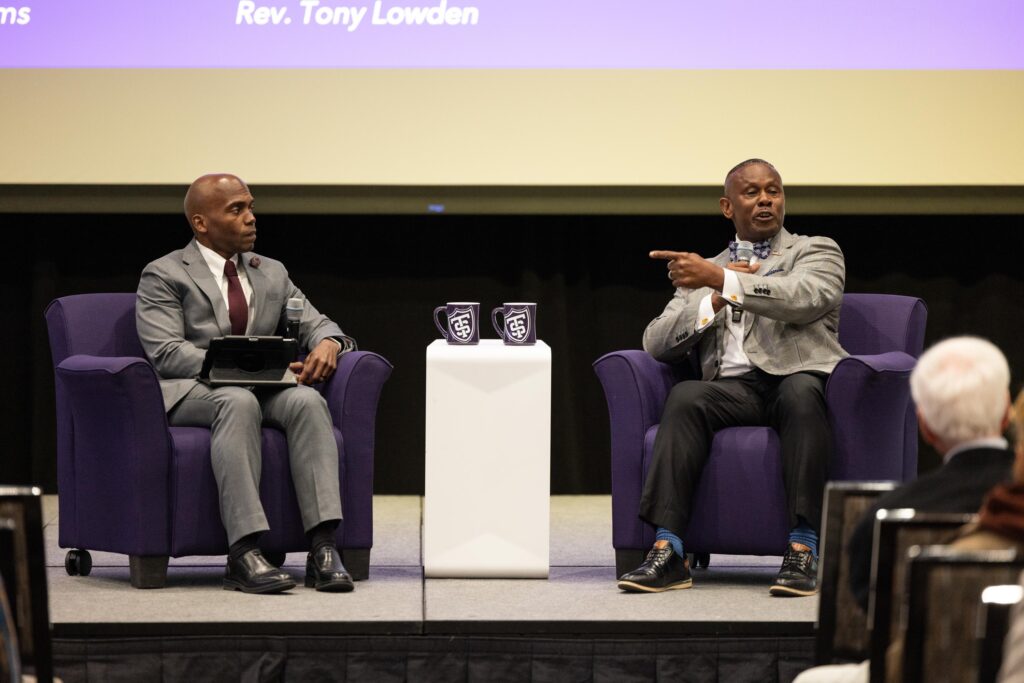The rapidly changing pace of health care, with a focus on outcomes, data and efficiency, makes a physician's job much more complex than just checking a patient's vital signs.
Alumni of the University of St. Thomas Opus College of Business Health Care MBA, including Dr. Joshua White '12 MBA of Gifford Medical Center in Randolph, Vermont, have remarked how the program changed their career direction.
The Newsroom connected with White, who recently was promoted to Gifford Health Care chief medical officer, on the value of an MBA for doctors.

Dr. Joshua White '12 MBA, Gifford Health Care chief medical officer
Why did you decide to obtain your MBA?
From 2004-2010, I worked for a group of emergency physicians called EPPA in the Twin Cities. It was going well and I started to ascend the administrative ladder a bit. It didn’t take too long for me to realize that there was a lot going on that I did not understand. I was being asked to oversee projects and policies in which I had no experience. It became apparent as I sat in meetings about staffing, budgets, etc., that I had essentially two options: A) learn on the fly and potentially make a lot of avoidable mistakes, or B) seek further education and prepare myself. I had a supervisor who historically had done some coursework at St. Thomas in the business school and this prompted me to take a closer look. The structure of the health care MBA being largely online and with opportunities to obtain continuing medical education worked out well for me. There were a lot of aspects of it that were really appealing, such as the time in Washington, D.C. [at the Durenberger Health Policy Seminar] and the cohort structure, so I took the plunge.
Why do you believe an MBA for doctors is important?
Throughout the health care system, there is a common trend to promote clinical personnel into administrative positions due to their success clinically. It’s a move that feels logical when promotions are being handed out, and you can see that reflected within the health care system. Unfortunately, it doesn’t take much reflection to realize that this is not a logical move. As a physician, I may be skilled at managing congestive heart failure, but that does not inherently translate to skill at finessing a budget, evaluating operational inefficiencies, etc. This is true for nursing leadership, physician assistants, nurse practitioners, or pharmacists. These clinical schools do not include coursework on health care law, policy, finance, operations, etc.
You would not ask your plumber to do your electrical work just because s/he is skilled at plumbing and knows the structure of a building. They are not the same, and you would worry about mistakes getting made. Maybe you get lucky, and s/he picked up a few things working around electricians during their career … or maybe your house burns down. Nobody takes this risk with their home, but in health care administration we do it all the time. It’s damaging to departments, institutions and ultimately clinicians when they entertain a higher risk of failure than necessary.
How has obtaining an MBA helped your career?
My MBA coursework introduced me to concepts prior to me being asked to make decisions on them. I had the opportunity to be surrounded by instructors and peers in various aspects of administration and to hear their stories, their struggles. We worked through cases and considered possibilities that I never would have imagined otherwise, which subsequently allowed me to function much better administratively from the beginning. It’s simply a matter of the reality that you don’t know what you don’t know until someone shows you. Subsequently, I was far less likely to fail and do damage to my institution and my own career. This is not to suggest that I haven’t had missteps. There are things I would have liked to have done differently without question, and ultimately I wish I would have had the MBA sooner. But I’m very glad for it, and those missteps contributed to my current success.
More so, I co-founded a nonprofit (Community Health Initiative – Haiti) in 2012 after a number of years working in Haiti. Successfully managing this with my partners has been much easier secondary to the same operational understandings that I use as a chief medical officer in a hospital now. Finally, my wife purchased part ownership of a small business during the course of the last year. As she went through this process, I was able to assist frequently as she was developing a business plan, considering policy and more. I’m comfortable that I was able to help her make fewer mistakes and navigate the process more smoothly than she otherwise might have, if not for the benefit of my education. My MBA has impacted a lot of aspects of my life that I never would have foreseen.
Learn more about how the Opus Health Care MBA impacted the careers of medical professionals in this St. Thomas magazine article.







